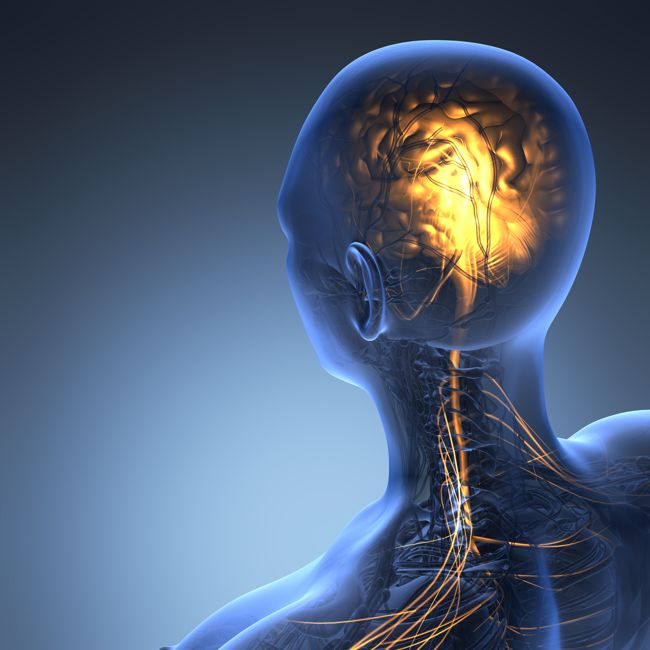Openings at EI
Multimodal, multiresolution brain imaging: functional ultrasound with EEG
Opening for: PhD studentStatus details
| Status: | Closed |
|---|---|
| Announced: | 11 Mar 2019 |
| Filled: | 24 May 2019 |
| Duration: | 4 years |
Recent advances in ultrasound technology now allow to acquire images at very high frame rates, boosting the traditional power Doppler signal-to-noise ratio. This facilitates the mapping of subtle variations in blood volume related to neuronal activity. The resulting technology, functional ultrasound (fUS) imaging, can image the whole depth of the brain with a spatial resolution of 50-500um and a temporal resolution of tens of milliseconds.
The work will be carried out at the Circuits and Systems (CAS) group, in collaboration with the Bioelectronics and Electronic Instrumentation groups at the Department of Microelectronics at TU Delft. The project is also in collaboration with the Center for Ultrasound Brain Imaging at Erasmus MC (Cube) in Rotterdam, developing next-generation ultrasound technology and currently collecting functional brain images from mice in a visual stimulation experiment and during epileptic seizures.
Job description
This PhD project aims at developing a novel multimodal and multiresolution brain imaging paradigm, combining fUS with electroencepahogram (EEG, measuring the electrical activity of the brain). The exact dynamics – the extent of the spatial and temporal smoothing of the fUS response compared to the timing and location of the neural activation – is not yet well described. Due to the very high spatial and temporal resolution, fUS produces several Gbytes of data within just seconds. Therefore, efficient data-acquisition and computational tools are necessary to process the vast amount of data created. Moreover, fusing fUS with EEG such that it creates added value over unimodal data analysis requires smart algorithmic solutions. Finally, after gaining insight into the signal properties, complementarity, and limitations of the initial acquisition setup, the specifications of a dedicated non-invasive, wearable EEG-fUS device can be formulated.Requirements
The ideal candidate has a MSc degree in electrical, biomedical or computer engineering with a strong signal processing background and a genuine interest in neuroscience. We will use tools from multilinear algebra, statistical signal processing, blind source separation, array processing, machine learning and optimization theory. Good programming skills in Matlab are required.Contact
dr. Borbála Hunyadi
Assistant Professor
Signal Processing Systems Group
Department of Microelectronics
Related project
Multimodal, multiresolution brain imaging
Developing a novel brain imaging paradigm combining functional ultrasound and EEG
Additional information
In The Netherlands, almost all PhD positions are linked to funded research projects. This has several implications:- PhD students are employed: they receive a salary rather than a grant. Most projects have a duration of 4 years.
- Positions become available once a project is funded. This can happen at any time during the year.
- It typically takes 6 to 9 months for a project proposal to receive funding. In this period, a position may be anticipated but the outcome remains insecure. Once a project is funded, the open position needs to be filled as soon as possible.
If you are interested in our research, it merits to inquire whether openings will be available. We collect resumes of prospective PhD students throughout the year, for each of our research tracks.
General requirements
We make our selection based on the following general requirements:- Formal requirements regarding prior education: you should have earned an MSc degree at a recognized institute for higher education.
- Background: this depends on the specific project.
- Excellence: your Grade-Point-Average should be above 8 (10). Also your MSc thesis should have received a grade above 8 (10).
- English: you should be able to communicate well in english (written and oral). Provide TOEFL/IELTS scores if available.
- Originality: your MSc thesis or later work (publications) should reflect some original ideas. Critical and independent thinking is very important.
- Team player: you should be able to work well in a team of other project members.
